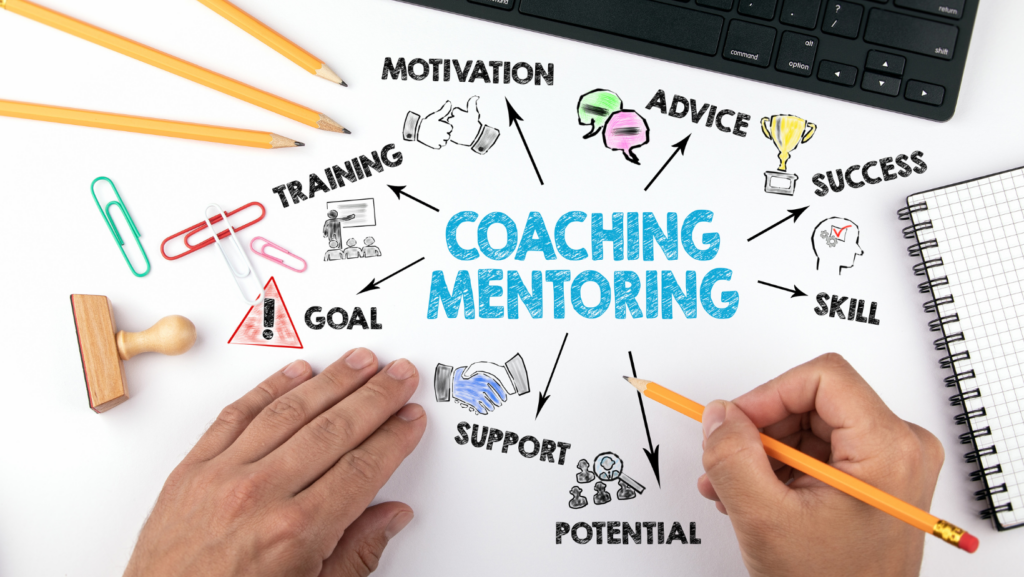I’ve recently stepped up to a more senior level in my training as a plastic surgeon, and with this advancement comes more responsibility and a whole new set of challenges to improve and enhance my skills in the journey of being trained as a plastic surgeon.
While embarking on the journey of acquiring new skills, particularly in the surgical field, it is imperative to be mentored by experts in the field.
These mentors supervise and guide you, facilitating the continuous enhancement of your skillset until you achieve a level of confidence that enables you to safely navigate various surgical approaches and handle a range of challenging complications.
There are diverse types of mentors—some are relaxed and patient, gently correcting your errors and refining your techniques until you attain the desired level of competency.
Others, on the contrary, maintain a more rigorous and demanding approach, challenging you to step out of your comfort zone, pushing your boundaries, and fostering rapid growth and learning.
Regardless of their style, the ultimate goal of any mentor is to mould you into a proficient and independent practitioner, capable of addressing the complexities and unpredictabilities of the surgical field.
Balancing encouragement with constructive feedback plays a pivotal role in shaping your professional journey, ensuring you are well-equipped to face the multifaceted challenges that lie ahead.
This situation isn’t unique to plastic surgery; it’s something anyone climbing the ladder in their field can relate to.
It’s got me thinking about this idea
Which approach is more effective for acquiring new skills and knowledge? independently exploring and venturing forth or seeking the expertise of a seasoned mentor?
If you were to choose a mentor, would you lean towards one who challenges you aggressively, pushing you beyond your limits, or one who adopts a calmer stance, offering gentle corrections and guidance? Maybe a blend of both? Each option presents its unique advantages and disadvantages.
Going Solo: Carving Your Own Path
Opting to learn on your own allows you to set your pace, explore different routes, and learn from your mistakes without any external pressure.
It’s like having a car with a full tank of gas—the road is open, and you’re in the driver’s seat! But, this independence has its pitfalls. Without guidance, there’s the risk of developing bad habits or missing out on vital insights.
And there could be times when a gentle push from someone experienced is exactly what you need.
If you’ve chosen to learn by going solo, here’s a practical tip to guide you on your journey:
- Set Clear Objectives: Begin by outlining what you hope to achieve. It’s your compass, pointing the way.
- Research: Arm yourself with the right resources and tools. Dive deep to ensure you cover all essential areas.
- Self-check Mechanisms: Allocate regular intervals—be it weekly or monthly—to assess how you’re doing. These are your pit stops to refuel and redirect if necessary.
- Seek Feedback: Even on a solo voyage, occasional insights from experienced individuals or peers can be invaluable. Their viewpoints might shed light on blind spots.
- Stay Motivated: Keep the flame of your initial passion burning. Celebrate the little wins and regularly remind yourself of why you embarked on this journey.
While going solo offers unparalleled freedom, it demands a unique blend of discipline and passion. A well-planned roadmap can be your faithful companion, ensuring you make the most of your solo learning adventure.
Under the Wing of an Expert: Navigating Mentorship Choices
When seeking the expertise of a seasoned mentor, it’s essential to understand the type of guidance you’re looking for and the style that best suits your learning curve.
The Aggressive Challenger
This mentor pushes you beyond your boundaries with a direct style, often serving up hard truths. Such challenge, criticism, and even the occasional sting of embarrassment can act as potent catalysts for growth, forging resilience and competence.
The advantage? A trajectory of rapid personal and professional development. However, it’s not always a bed of roses. The intense pressure and elevated expectations, while motivating to some, can be overwhelming for others, potentially sidelining individual learning styles. Without a balance of encouragement and support, there’s a tangible risk of burnout and dwindling enthusiasm.
The Gentle Guide:
This mentor adopts a nurturing and compassionate approach towards guiding you through your journey. They carefully provide gentle corrections and suggestions, taking into consideration your comfort level and ensuring that you feel supported every step of the way.
The advantage of choosing this mentor is that you will experience a highly personalized and stress-free learning environment, where you can fully explore your potential and grow at your own pace.
However, it is important to note that due to the emphasis on gentle guidance, progress may be slightly slower compared to other approaches.
Additionally, while this mentor focuses on creating a comfortable learning environment, it is possible that you may not be as well-prepared to face sudden or unexpected challenges.
Nonetheless, the nurturing and supportive nature of the mentor will undoubtedly help you build a strong foundation and develop important skills for your journey ahead.
The Blended Approach:
A mentor who can switch between challenging you and offering gentle guidance is like having the best of both worlds. This means that they possess the unique ability to provide support and encouragement while also pushing you to reach your full potential.
By striking this delicate balance, the mentor creates an environment that fosters growth and development.In addition to this, effective communication between both the mentee and the mentor is of utmost importance.
It is essential that both parties openly express their preferences, expectations, and boundaries. This facilitates a mutual understanding and ensures that the mentorship relationship remains productive and beneficial for both individuals involved.
My Opinion
I believe that learning is a Journey. Sometimes it’s smooth, and other times it’s tough. Knowing when to go it alone and when to ask for help is crucial.
Learning by ourselves lets us explore and figure things out at our own speed. But sometimes, without some guidance, we might miss out on some important stuff or pick up wrong habits.
On the other hand, having a mentor can give us some shortcuts. They’ve been there and can show us the ropes. Some mentors might push us hard to get better, while others might guide us more gently.
The trick is to mix both – learn on our own but also get guidance. Think of it like combining the best parts of exploring a new city on your own and sometimes using a map or asking locals for directions.
Sir Isaac Newton once said,
“If I have seen further, it is by standing on the shoulders of Giants.”
This means we can learn and see more by building on what others before us have done.
In the end, it’s all about growing, improving, and enjoying the journey, no matter which way we choose to learn.
Wishing you a successful learning journey!
Ehab Badran


